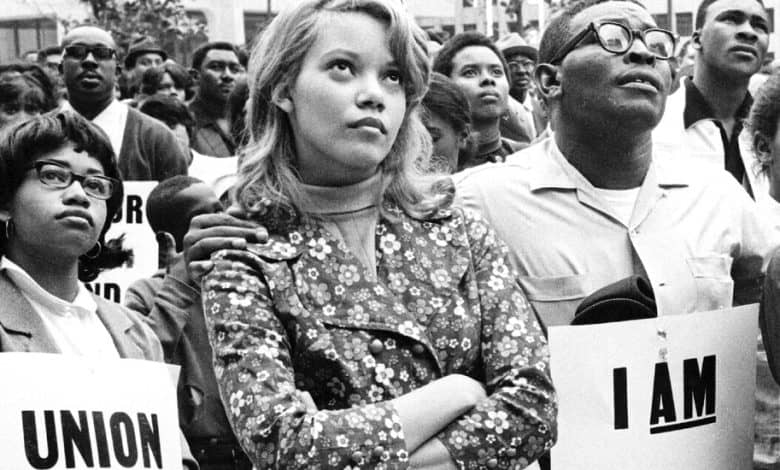Here’s Something Southern Republican Governors Are Afraid Of

Last year, the United Auto Workers announced an ambitious plan to organize workers and unionize foreign-owned auto plants in the South.
“One of our biggest goals coming out of this historic contract victory is to organize like we’ve never organized before,” Shawn Fain, the president of the U.A.W., said after winning significant wage and benefit gains in negotiations with Ford, General Motors and Stellantis (formerly Chrysler). “When we return to the bargaining table in 2028, it won’t just be with the Big Three. It will be the Big Five or Six.”
Fain, believe it or not, may have understated the union’s ambitions.
U.A.W. is targeting 13 automakers — including Toyota, Hyundai, Honda, Nissan, Volvo and Tesla — employing around 150,000 workers in 36 nonunion plants across the South. It faced the first major test of its strategy on Wednesday, when 4,300 workers at a Volkswagen factory in Chattanooga, Tenn., began voting on whether to unionize. The vote ends Friday. If it’s successful, it will be a breakthrough for a labor movement that has struggled to build a footing in the South.
The mere potential for union success was so threatening that the day before the vote began, several of the Southern Republican governors announced their opposition to the U.A.W. campaign. “We the governors of Alabama, Georgia, Mississippi, South Carolina, Tennessee and Texas are highly concerned about the unionization campaign driven by misinformation and scare tactics that the U.A.W. has brought into our states,” their joint statement reads. “As governors, we have a responsibility to our constituents to speak up when we see special interests looking to come into our state and threaten our jobs and the values we live by.”
It is no shock to see conservative Republicans opposing organized labor. But it is difficult to observe this particular struggle, taking place as it is in the South, without being reminded of the region’s entrenched hostility to unions — or any other institution or effort that might weaken the political and economic dominance of capital over the whole of Southern society.
The history of Southern political economy is to a great extent a history of the unbreakable addiction of Southern political and economic elites to no-wage and low-wage labor. Before the Civil War, of course, this meant slavery. And where the peculiar institution was most lucrative, an ideology grew from the soil of the cotton fields and rice paddies and sugar plantations, one that elevated human bondage as the only solid foundation for a stable society.